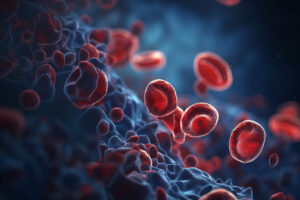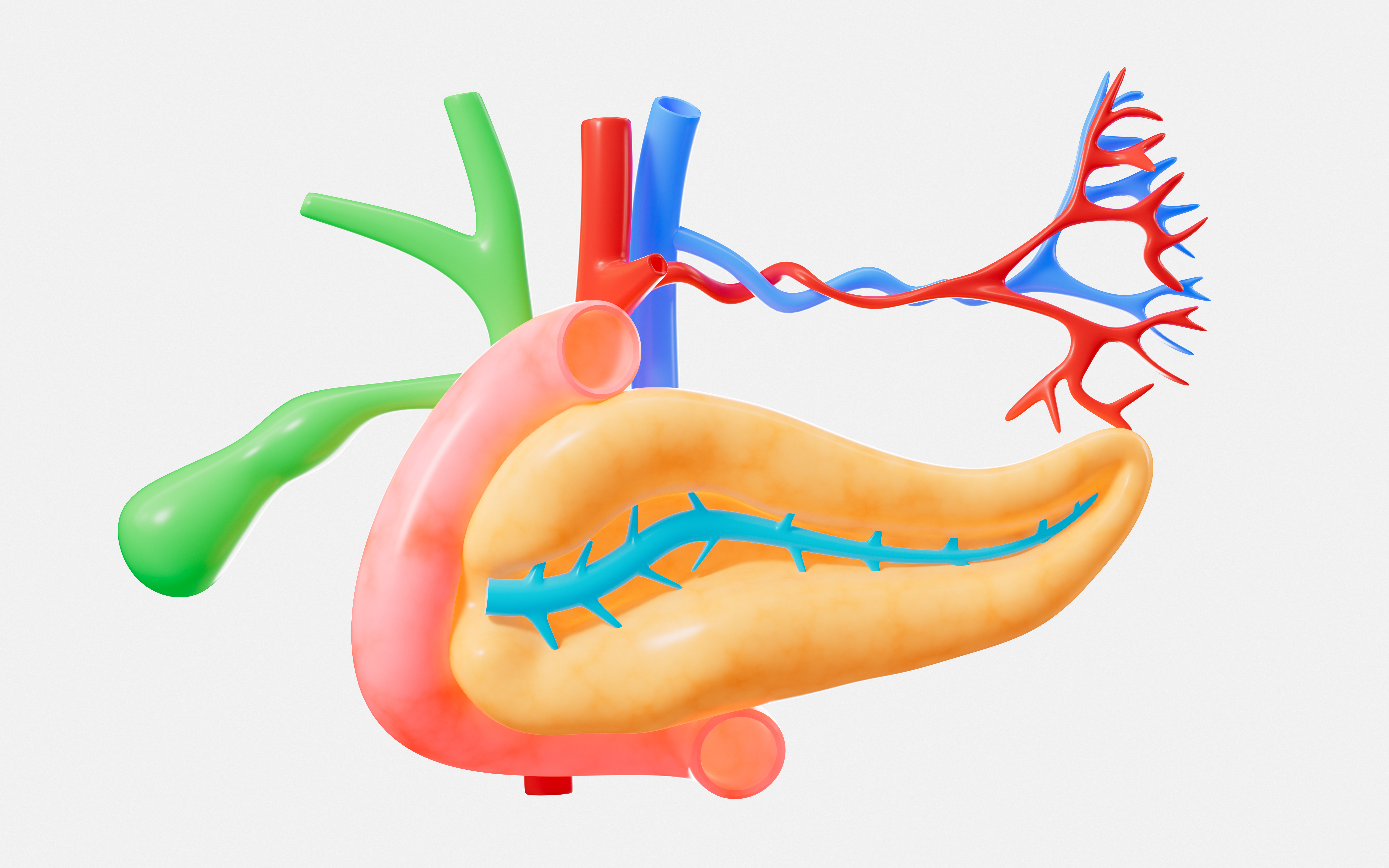Scientists at the Josep Carreras Leukaemia Research Institute have cracked one of regenerative medicine‘s most elusive puzzles—transforming basic stem cells into blood cell precursors using just seven key genes. This could end the agonising wait for compatible bone marrow donors that currently leaves thousands of blood cancer patients in limbo. The elegance lies in its simplicity: activate the right genetic switches at precisely the right moment, and embryonic stem cells become haematopoietic stem cells capable of regenerating an entire blood system. In mice, these laboratory-created cells successfully produced all blood cell types, including crucial immune cells.

This discovery addresses a critical healthcare bottleneck that affects thousands globally. Currently, only 30% of patients requiring bone marrow transplants find compatible donors, creating significant treatment delays and inequities. Laboratory-produced blood stem cells could eliminate this dependency entirely, enabling standardised treatment protocols regardless of patient genetics or geography. The approach also opens pathways for studying blood disorders in controlled environments and developing personalised therapies, potentially transforming how we address the entire spectrum of haematological diseases.
Research article: An unbiased genomewide screen uncovers 7 genes that drive hematopoietic stem cell fate from mouse embryonic stem cells
Lambda Biologics’ Oncology Solutions: Patient-derived cancer organoid-based drug evaluation service
Gastric Cancer Organoid | Breast Cancer Organoid | Hepatocarcinoma Cancer Organoid | Pancreatic Cancer Organoid



